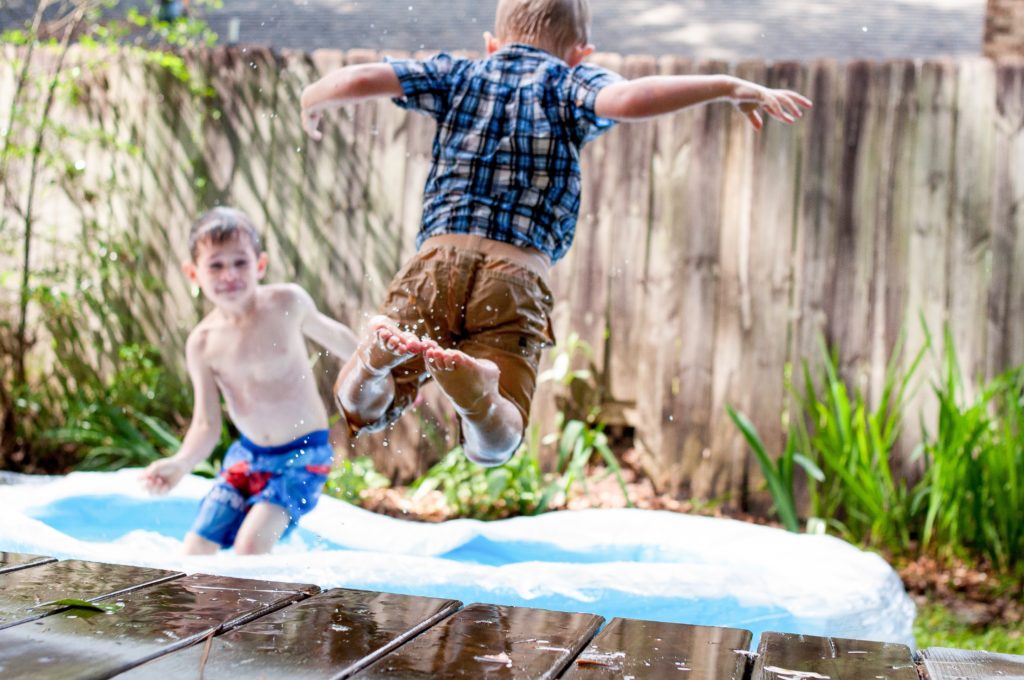Can I be a full-time foster carer and work full-time?
Parents who work full-time usually have a plan in place for their own children, including childcare or before and after school care. Placing a child or young person in foster care with third parties such as childcare may not be the best option for them, especially if they have already experienced so much change and disruption in their short lives.
The good news is that if you want to become a foster carer, there are many care options available that may be right for you and your lifestyle. For instance, respite or short break care might be the best choice for you at this stage. You may decide to become a full-time carer down the track, when you have gained some more experience or your commitments change.
It’s important to remember that anyone can get involved in the foster care community. People tend to opt out of foster care because they believe they’re not suitable. Regardless of your relationship status, sexual orientation, age, or occupation - if you’re a permanent resident or citizen, you have the opportunity to be an amazing foster carer with You Be You and help vulnerable children across Southern Queensland.
Let’s explore the different types of foster care that may be right for you.
What is respite care?
Respite (also known as a short break) care gives a child’s primary foster family a break for a short period of time.
It is regular or occasional care for the weekend or as a mid-week break. Sometimes it can be up to a week or two during school holidays. Or maybe the primary carers need to travel overseas or interstate for longer periods of time.
You could be caring for the same foster child regularly on an ongoing basis, for example, one weekend a month or fortnightly. Or you could be caring for different children as a one-off arrangement.
If you are considering providing respite care, you will still need to complete the same foster care application process, background checks, ongoing training and approval process as a primary foster carer.
There are so many benefits to respite care for you, the children you will care for and the other foster carers from whom you are taking care responsibilities. Although you’re only spending a short time together, there are many ways respite carers can make a long-term difference to a child’s life.
Giving a child the opportunity to extend their social network
The short break can be full of fun, activities and adventures. These experiences help the child build trust with other adults and develop their confidence and social skills.
You could:
- Go to a theme or water park
- Take a child to the beach or hiking
- Spend time fishing or exploring a local park or beach
- Go to the movies
- Make dinner together e.g. pizza or dessert, or
- Have a ‘Crafternoon’, play board games or finish a puzzle together.

Giving the child’s primary foster carer the time for self-care and to recharge
Caring for children or young people can be demanding. Foster carers sometimes need a short break for self-care: to do something for themselves or to rest and just do nothing. This is so important in being able to maintain the quality of care and relationships within the foster family.
Gives you a good introduction to caring for foster children
Respite care is foster caring that can fit in with your schedule. It’s also a good introduction if you’re deciding if you want to become a primary foster carer in the future.
Alan is a single dad with a teenage son. His first experience with children in foster care was seven years ago when he was working as a teacher’s aide. Since then, he has provided short term, respite and emergency care to many children. You can read about Alan’s experience as a respite foster carer here.
Are you keen to find out if foster caring is right for you?Try our quiz to see if you are a good fit to be a respite carer and what the next steps look like.

